Early childhood includes the developmental level of childhood from birth through age 5 or up to the prekindergarten/preschool years.
Is seeing believing? Can video coaching help support teacher practice in early childhood classrooms?
Attending a high-quality prekindergarten program has substantial benefits for young children, through long-term positive effects on academic achievement and physical and mental health.
Continue reading →Conversations with parents about YouTube: What are kids watching, and what are they learning?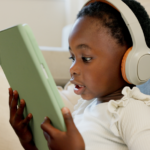
Toddlers and preschoolers today are spending more time watching videos on online streaming services like YouTube than in any other format.
Continue reading →BEST in CLASS: What Coaches and Teachers Say About It. Part 1: Coach Perspectives
BEST in CLASS (Behavioral, Emotional, and Social Training: Competent Learners Achieving School Success) is a tier 2 (targeted) evidence-based intervention for young children with persistent and intensive challenging behaviors.
Continue reading →Supporting Students with Behavioral and Emotional Needs: A Conversation with Carl Sumi
In the latest episode of The SRI Homeroom podcast, Senior Principal Education Researcher Carl Sumi joined host Kori Hamilton Biagas to discuss strategies, interventions, and recommendations for educators, schools, and researchers hoping to meet that need head-on.
Continue reading →BEST in CLASS: What Coaches and Teachers Say About It. Part 2: Teacher Perspectives
Practice-based coaching (PBC) promotes a strong collaborative partnership between teachers and coaches to facilitate the use of effective instructional practices. The PBC process includes skills instruction on BEST in CLASS practices, shared goals and action planning, implementation support, classroom observation, and reflection and feedback.
Continue reading →Practice-Based Coaching on the Pyramid Model: “It builds you up and finds your strengths”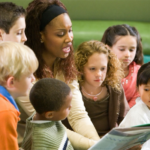
SRI Education researchers are conducting an evaluation of the Pyramid Model, a three-tiered framework that supports early childhood education (ECE) teachers in preschool classrooms. The main goals of the Pyramid Model are to support ECE teachers as key figures in promoting the social-emotional skills and competence of children with and ...
Continue reading →Reducing Exclusionary Discipline in Arkansas Early Childhood Programs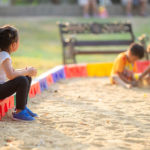
Study of the policies and initiatives to prevent early childhood programs’ use of exclusionary practices and promote children’s social emotional growth in Arkansas’s Child Care and Development Fund (CCDF)-funded programs conducted in collaboration with the Arkansas Division of Child Care and Early Childhood Education (AR DCCECE) and the National Center for ...
Continue reading →Overcoming the early childhood suspension & expulsion problem
If preschool is designed to set a foundation of learning for children, expose them to structure, and build social, emotional and behaviors skills, then what is happening to produce these alarming rates?
Continue reading →A lifeline of support: Arkansas’s innovative program to help early childhood educators support young children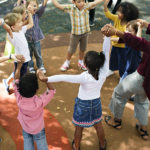
Teaching preschool is simultaneously joyous and challenging. Students differ widely in their temperaments and their experience sharing space and resources with peers. Although many children adapt quickly to a group care environment, for others it can be challenging. Some early educators can access related professional development or external specialists that ...
Continue reading →Maintaining wellness in crisis: Boosting children’s emotional health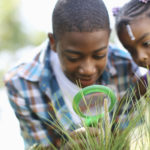
Measures taken to address the spread of COVID-19, from precautionary social distancing to shelter-in-place orders, have dramatically impacted children and their families. In addition to navigating their own stress during a period of uncertainty and change, parents are faced with addressing the questions and concerns of their children, many of ...
Continue reading →









